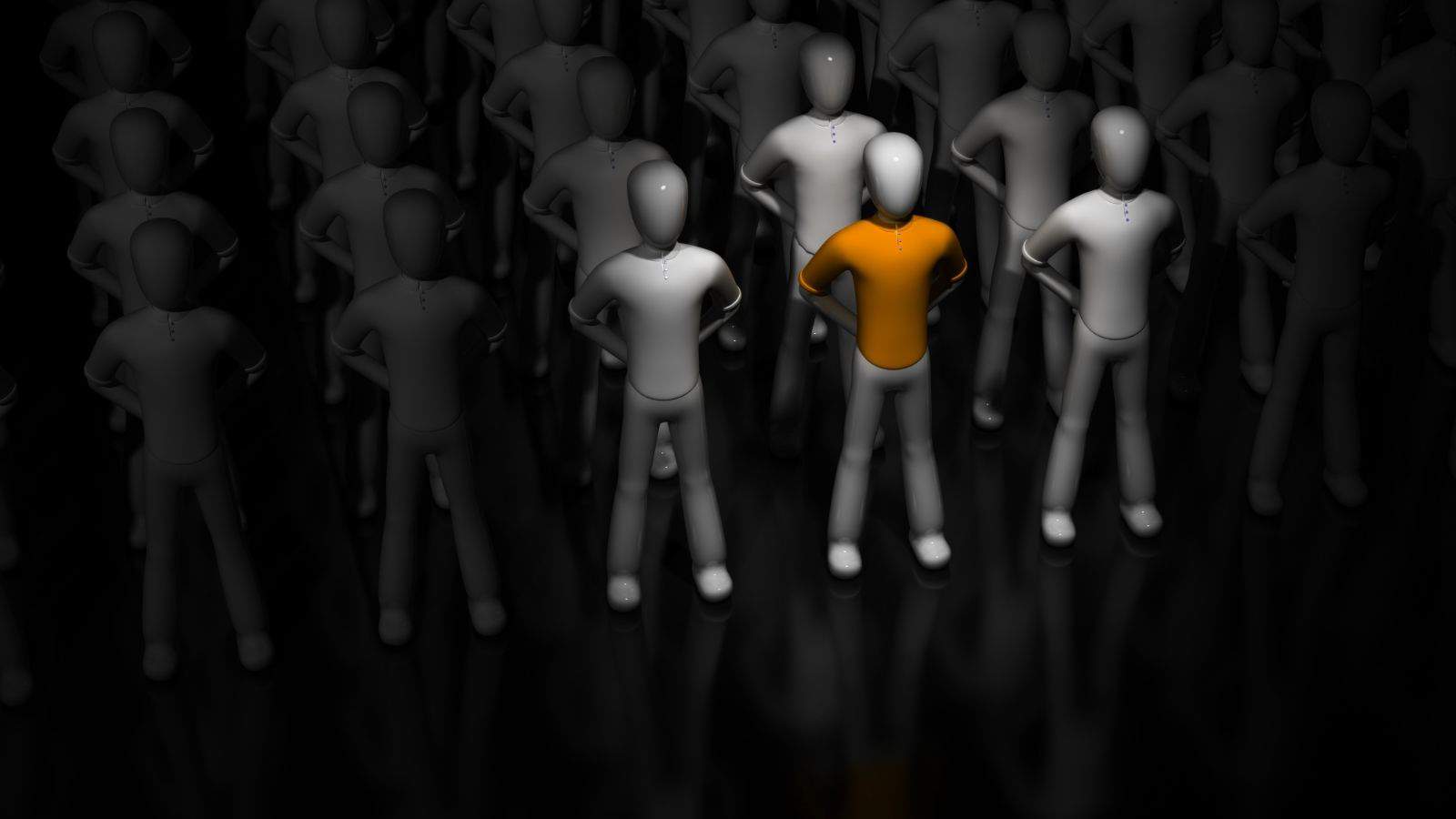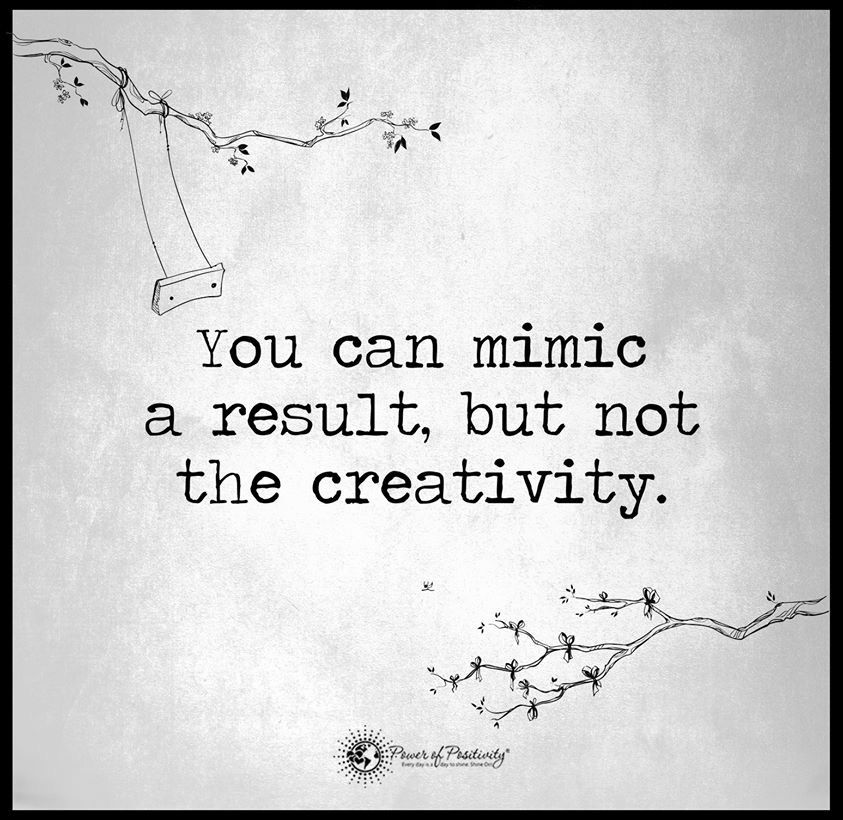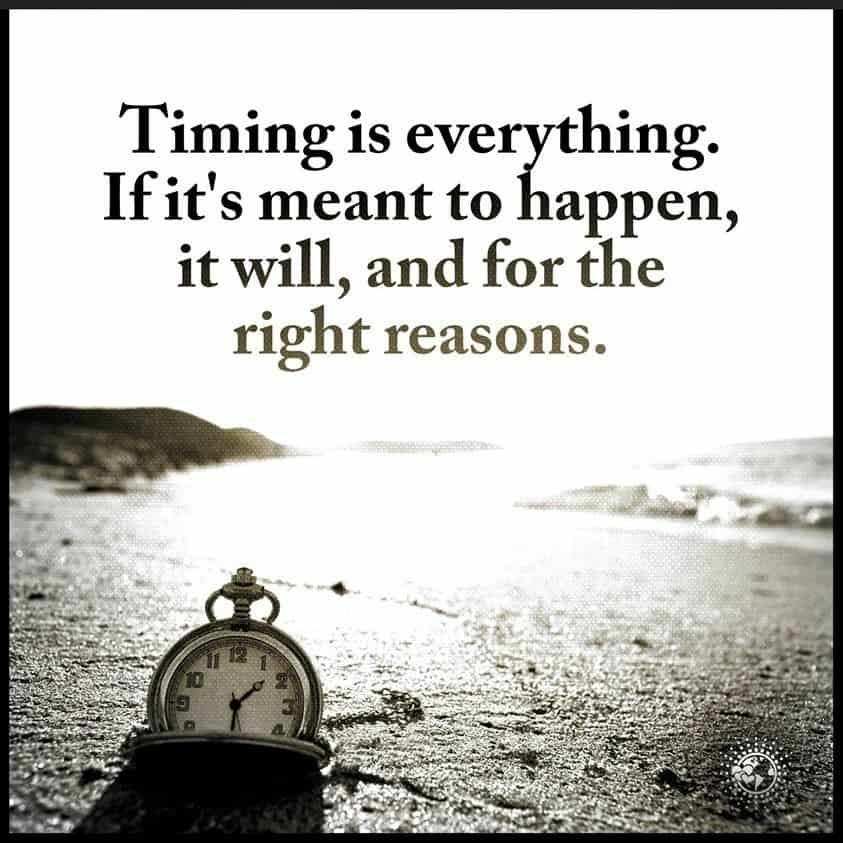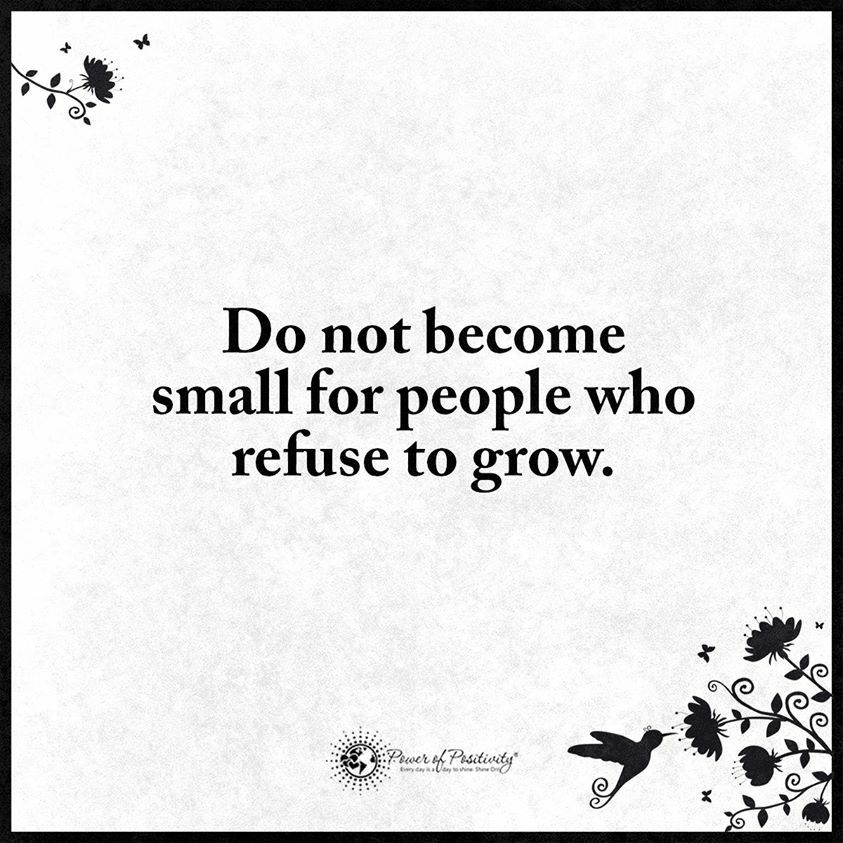The drive to stand out from the crowd and be special and unique is a mighty one. But with all the fantastic people in the world doing incredible things with their lives, you might sometimes feel lost in it all.
But have some positive thinking! You’re unique, even when you don’t feel like you are. You’re more than just a sum of your parts, and yet even those parts alone can make you even more distinct. Here are six special things that make you unique.
1. Your Personality
Personality refers to multiple different aspects of one’s identity. Typically, character is seen most clearly in the way you interact with others, so behavior plays a significant role in demonstrating character. A mix of acquired and inherent factors affect these characteristics. Here are some aspects of personality that make you unique:
· Your Attitude
The way you perceive the world dictates your attitude, and that attitude can have huge effects on negative and positive thinking. You can drag others down with a bad mood or lift others up with the right attitude. The way your perspective is shaped can often influence your success and progress in life. If you tend to look on the bright side of things, you’re likely to enjoy more accomplishments and have more positive experiences with those around you.· Your Perspectives
Only you see things exactly as you do. Only you have lived in your shoes, seen things from your angle, and experienced life uniquely as you are. This combination of knowledge and thought leads to a distinct perspective. Even if you have a similar view to others, you are still entirely unique in your complete perspective on the world! This is also why it’s important to listen to other people’s thoughts and ideas, too, as they provide views you will never have otherwise.
· Your Sense Of Humor
Who and what do you find funny? What kinds of jokes do you tell? How do you tell them? What makes you laugh? What don’t you find funny? All these details add up to your overarching sense of humor, and that makes you unique, too!
· Your Quirks
You are a collection of different bits and pieces that all come together to make you a standalone individual. This includes many quirks, like little things you do, ways you react to something, or ways you speak. Things like this can add to your uniqueness and make you stand out!
2. Where You Grew Up
Did you know that your home environment as a child can affect how you develop and grow? Studies on adopted children who enter better socioeconomic homes show a clear correlation between IQ and home environment. A child adopted from a poor environment into a wealthy household is likely to score a more positive result on an IQ test than someone adopted into a poor home.
But why does this happen? Is it indeed wealth that dictates intelligence? Well, that’s unlikely to be the case. It seems more likely that the environment of poor and wealthy homes is to blame instead, as factors like stress are known to damage the brain and affect development. This factor is particularly true for children whose brains are still developing, according to research. Living in a more impoverished home or a more dangerous neighborhood could potentially worsen the risk of chronic stress patterns.
Of course, it’s also worth stating that several other things can affect stress levels than financial status. Abusive homes, bullying at school, or feeling repressed when growing up can lead to stress levels that affect cognitive development.
3. Your Identity
Can you answer this question–“Who are you?”. That question is a straightforward one, and its answers lie in your entire being – or, more specifically, in your identity. Here are some aspects of identity that make you a unique individual:
· Style
What is your personal style? How do you present yourself to others? What types of clothes and accessories do you wear? Do you use makeup? How do you do your hair? What’s your preferred aesthetic? These things are a part of your external identity!
· Ethnicity and Culture
Where did you grow up? What is your ethnic origin? Do you feel pride and kinship for your ethnicity or culture? Do you feel disconnected from it? What things from these backgrounds do you bring with you in your life today? For many people, these things are huge parts of identity.
· Age
Believe it or not, age can be a considerable part of the identity that makes you unique. How old do you feel? How much experience do you have? Are there things about your body that have changed? These things can all influence aspects of your identity.
· Gender
Are you a man? A woman? Neither? Something in between? Nothing at all? This can make up a big part of your identity. It’s worth noting that gender and sex are two different things; studies discuss gender as something social, not biological, though the theory is still being fleshed out with research. This means that you are free to analyze your gender more closely. What aspects of you are feminine? Which ones are masculine? What do you see in yourself?
· Spirituality
Are you a religious person? Do you nurture your spiritual health with prayer, meditation, or other techniques? Or do you practice unorthodox forms of spirituality? Do you seek to uncover mysteries of the universe? These are great questions that can give you a lot of insight into your own identity.
· Beliefs
What is your political alignment? How about your thoughts on current events? What is your view on the world and life? Beliefs form your opinions and, eventually, your personality, making them a significant part of a unique identity.
4. What You Like
You’re not defined exclusively by your interests, but you can’t deny that they play quite a role when it comes to the people you attract or surround yourself with. It can also say a lot about who you are. Here are some examples of how!
· Hobbies
How do you like to spend your time? Are your hobbies mainly solitary, or do they involve others? Do your hobbies require patience, or are they very action-oriented? Are those hobbies commonly associated with people of your profession, temperament, or appearance? All these questions contribute to how your hobbies make you unique.
· Passions and Goals
What is it that drives you and moves you forward every day, even when the going gets tough? What helps you keep your positive thinking? How did these goals and passions become entrenched in the first place? Often, what someone is passionate about plays a significant role in determining their personality or community!
· Habits
What are some things you do without even realizing it? How do you tend to spend your days? Do you follow a routine? What are some good and poor habits you have, and do you care about them? Habits often say a lot about what a person finds familiar and comfortable.
5. Your Experiences
No one can deny that experiences shape the person you are today. You are often a product of the things you’ve been through. This doesn’t mean you’re defined by your part, but it does mean that you learn and grow through them. Here are some ways your experiences make you unique:
· Childhood
We’ve already touched on the ways your environment growing up influences who you become. That applies to all aspects of your childhood. How did you grow up? What parenting styles did your parents favor? Research indicates that what happens in your youth is most likely to dictate the adult you become.
· Trauma
Most people have been through trauma at some point in their lives. How has your trauma harmed you? Are you still struggling to overcome it? What have you learned from it? How has it influenced the way you respond to things today? It’s not unusual at all to feel like you became a different person after experiencing trauma.
· Opportunities
What opportunities were provided to you in life? What inherent privileges were you born with? Have you seized or missed great opportunities? Without the opportunities you were given, you would likely be in a very different place than you are now – and that’s why they’re part of what makes you unique!
· General Experiences
The things you have been through, whether positive or negative, have all taught you lessons or changed you in some way. How you responded to each of those experiences has also dictated much of who you are now!
6. Nature and Nurture
For years, experts have referred to the debate of what affects growth and development as “nature vs. nurture.” This, however, might be the wrong way of thinking about it. Based on our list here today, it is reasonably evident that both aspects affect your unique personality and individuality.
Nature accounts for – as an example – your risk factors for disorders, your appearance, and even some part of your temperament. It’s boiled down to simple genetics, and that’s what nature is all about: biological reality. But some aspects of nature never come into play at all, and DNA cannot dictate every possible part of who you become. If genetics were indeed all that mattered, twins who share the same DNA would not emerge from the womb with differences in appearance and personality.
On the other hand, nurture is responsible for – as an example – your values, the lessons you’ve learned from experiences, and things that make you feel nostalgic for your childhood. It’s not just about family, but about experiences, mistakes, your hometown, how well you were cared for… the list goes on! If nurture were indeed all that mattered, experts wouldn’t have uncovered so many links between genetics and different risks in life.
So what, then, is the likely answer in the nature vs. nurture debate? The answer is that there shouldn’t have been a debate between them in the first place! No aspects of nature and nurture exist in a vacuum. They intertwine and work with each other to create the person that you are. Elements of your nature interact with aspects of your nurture to provide you with unique experiences, thoughts, and reactions.
Final Thoughts On Some Things That Make You Unique
Many people can view uniqueness as a bit of a paradox. Since every person in the world is, indeed, unique, are you unique at all? Well, there’s no direct answer to that, but no matter what, you are a separate and distinct individual from those around you. A million different factors all had to align for you to be exactly who you are today – and that’s a beautiful thing!

















 Community
Community

